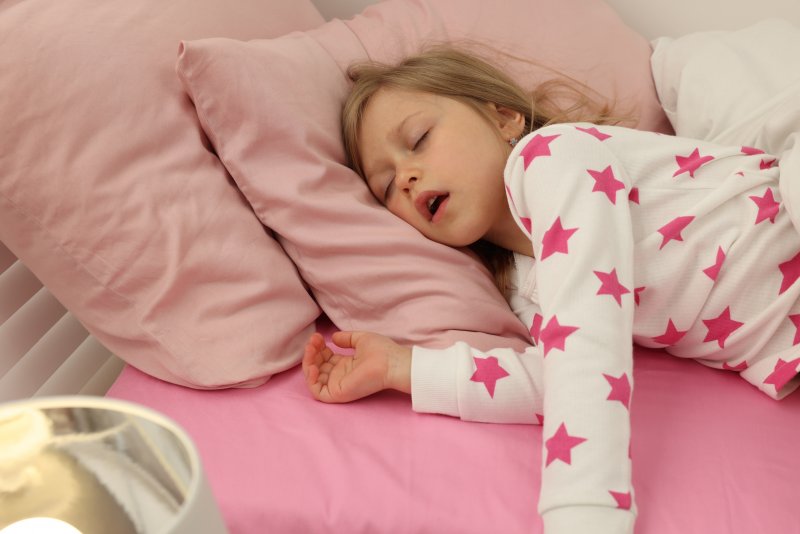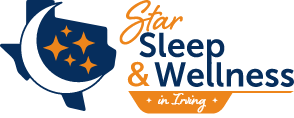
Are you worried that your child may be suffering from sleep apnea? Do they frequently stop breathing throughout the night? Do they practice mouth breathing? Do they wake up tired and grumpy? Although an irritable attitude may not be uncommon for some little ones, ceased breathing and sleeping with the mouth open are not good things. Read on to find out if sleep apnea may be affecting your child’s nightly rest.
How Common is Sleep Apnea?
Although millions of adults throughout the United States are living with sleep apnea symptoms, it’s believed that between 7 and 11 percent of children have some form of nighttime breathing disorder. Of course, this number might be higher, as many cases remain undiagnosed.
Obstructive sleep apnea (OSA) is the most common form, occurring when an obstruction blocks the airway and prevents adequate breathing while asleep. The brain must trigger the body to breathe, which can cause a person to wake up and begin gasping for air.
What Symptoms Can Occur in Children?
If you are unsure what to look for to know whether your child may be suffering from OSA, here are a few symptoms to consider:
- Bedwetting
- Mouth breathing
- Loud snoring
- Choking or coughing during sleep
- Ceased breathing throughout the night
- Unusual sleep positions
Some children might also experience night terrors.
If you notice any of these signs, do not be surprised if they feel fatigued and irritable the following day. Seeking professional care to alleviate these symptoms and improve their nightly sleep is important for their overall health and well-being.
What Can Be Done to Help Address Sleep Apnea in Children?
Fortunately, treating sleep apnea in children is not impossible. Finding a qualified and trusted sleep dentist in Irving who can conduct a specialized study is the first step. This will analyze your child’s breathing patterns, oxygen levels, heart rate, and more.
Once it is determined that they have sleep apnea, several methods of treatment are available, including:
- CPAP (continuous positive airway pressure) therapy that includes wearing a mask that covers the nose and mouth. A tube connects the mask to a machine, allowing air to flow freely so no blockage can occur throughout the night.
- Oral appliance treatment involves your child wearing a custom device in their mouth while asleep. It is designed to shift their jaw slightly forward and keep their tongue in place. This prevents obstruction, so the airway remains open.
- Nasal steroids can be helpful if congestion is a problem. There are various options available over the counter that are highly effective.
- Surgery is often the last option. If a professional sees that your child’s adenoids and/or tonsils are enlarged, they may need to be removed to improve snoring and airway clearance.
Adequate sleep is something no child should have to worry about. If you notice a problem, don’t let your little one continue to struggle day after day. With qualified professionals ready and available to help, your child can begin to breathe easier when going to bed each night.
About the Practice
Star Sleep & Wellness in Irving doesn’t just treat adults. Our skilled sleep dentists and specialists have the tools, skills, and abilities to treat children with nighttime breathing disorders. If you notice you’re your little one is struggling to breathe while asleep or waking up fatigued each morning, contact us right away.
